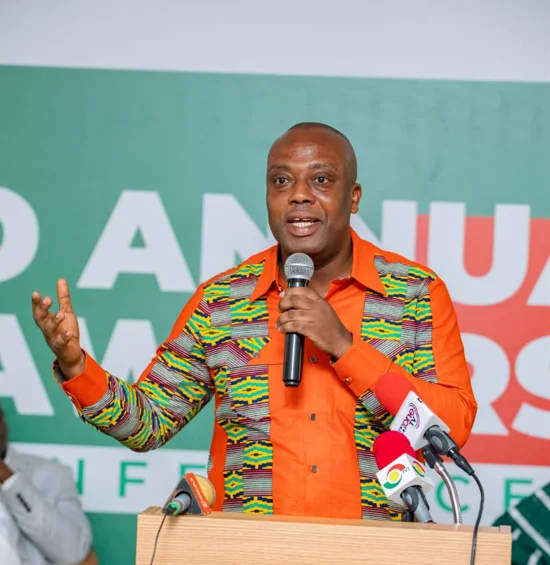Deputy Minister of Finance, Thomas Ampem Nyarko, has announced that the government will provide detailed information regarding payments owed to road contractors in the upcoming mid-year budget review. This initiative is part of broader efforts to manage outstanding arrears and maintain fiscal discipline amid growing concerns in the construction sector about delayed payments. During his appearance on the Citi Breakfast Show on Wednesday, July 2, Mr. Ampem Nyarko explained that a comprehensive audit of the outstanding arrears has been completed by the Auditor-General in collaboration with leading accounting firms.
He noted that the findings revealed that some claims had been disallowed. “All these will be included in our budget. The Auditor-General and the top accounting firms that conducted the audit have already presented reports indicating that some of the amounts are being disallowed,” he stated. He also mentioned, “In the mid-year budget review, Dr. Forson will report on this, and we will specify what the audited arrears are. Additionally, we will outline our plans to clear them.”
According to Mr. Nyarko, the government has already earmarked GHS 13 billion for arrears clearance in the 2025 fiscal year and is committed to pursuing it “religiously.” “Already, we have made plans for Gh¢13 billion, which we are religiously pursuing this year. In next year’s budget, we will announce another amount,” he noted.
He further stated that allocations in the 2026 budget will support continued arrears payments, while stressing that the government is determined not to repeat past mistakes. That is why we are managing the financing so well that we do not have arrears build-up, and we have given commitment authorisation so that we don’t spend above what has been budgeted for the year,” he said.
Mr. Nyarko also criticised the previous New Patriotic Party (NPP) administration’s fiscal approach, which he claimed led to unsustainable debt accumulation. “Because if we go the way they [NPP] did, we will be clearing the arrears, and we will be building up more arrears. That is not how to manage an economy,” he argued.
By: William Narh


